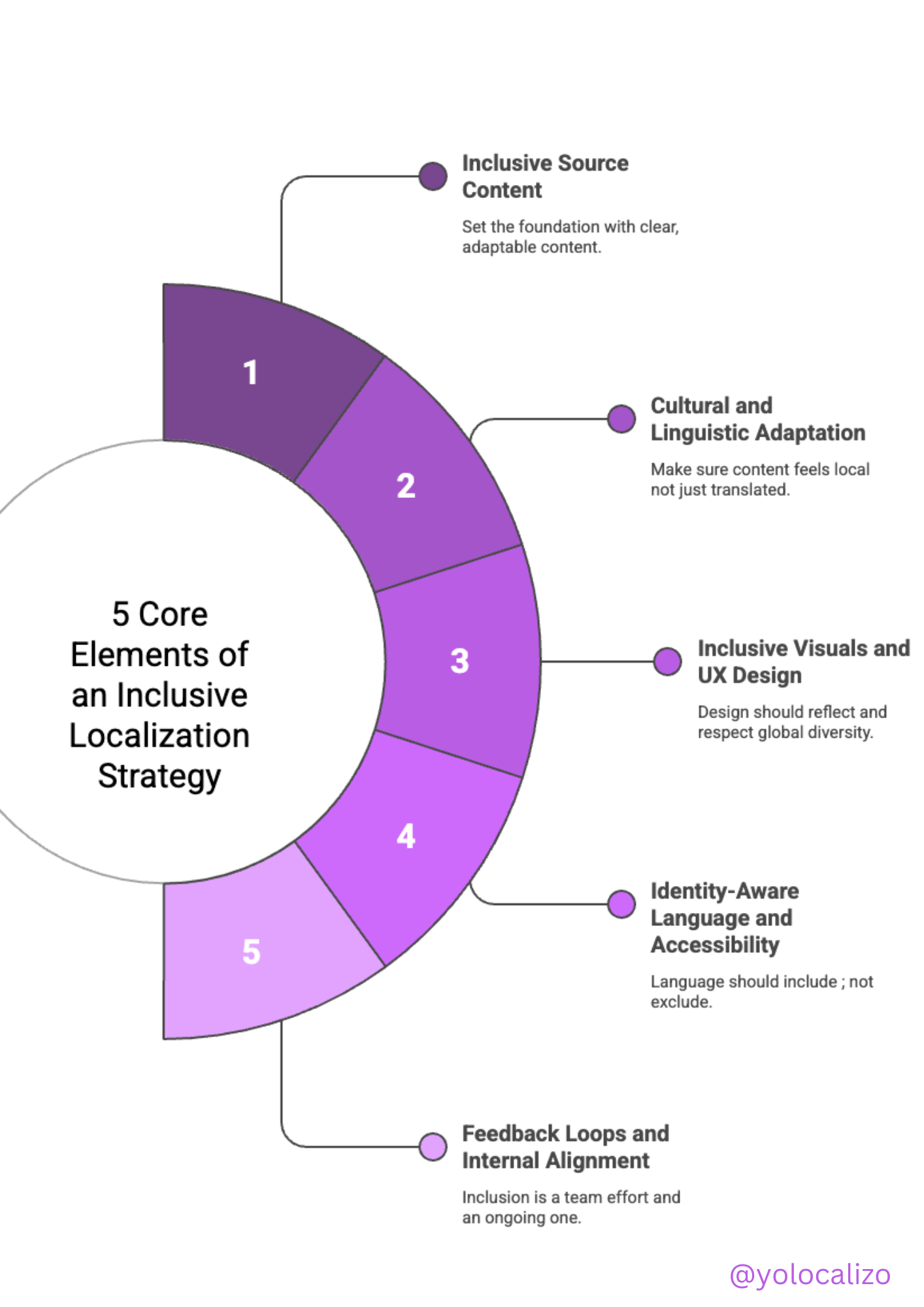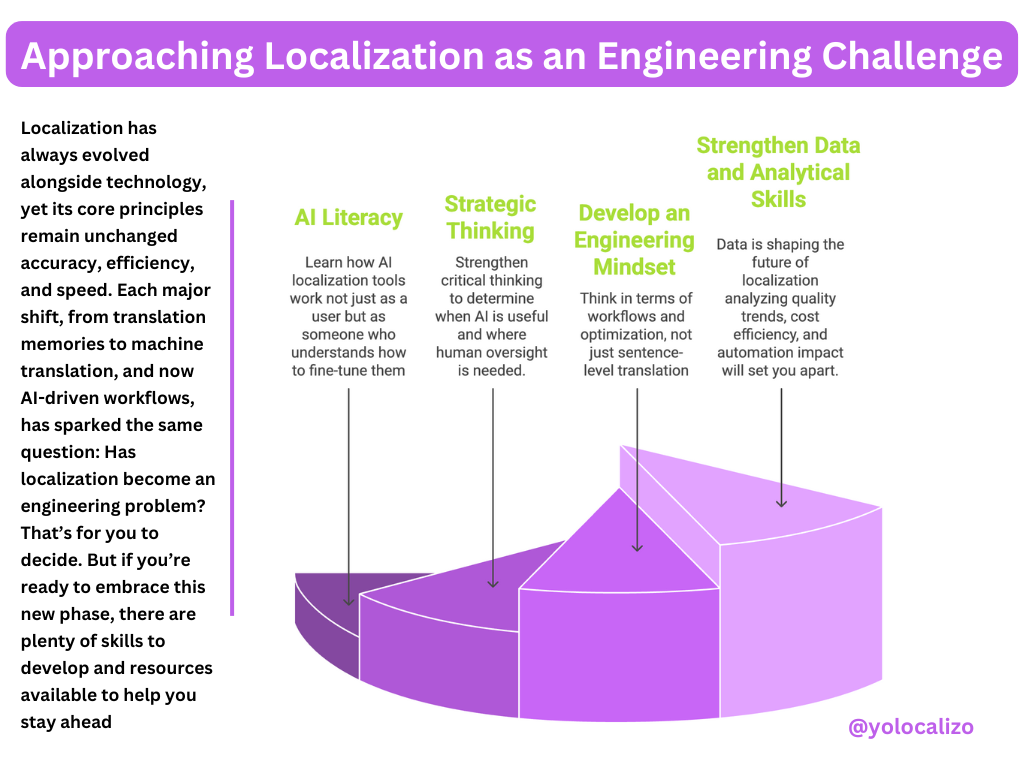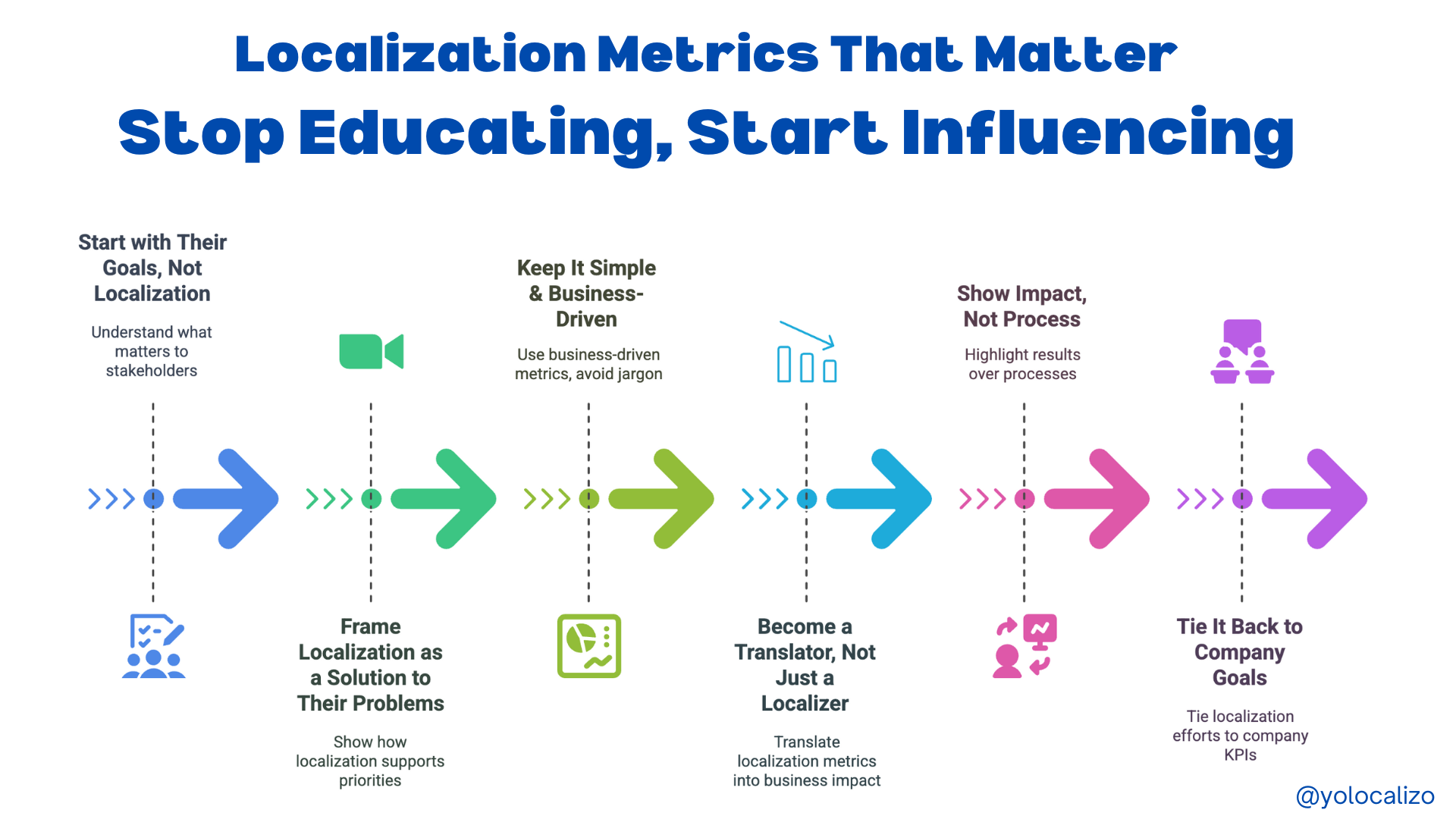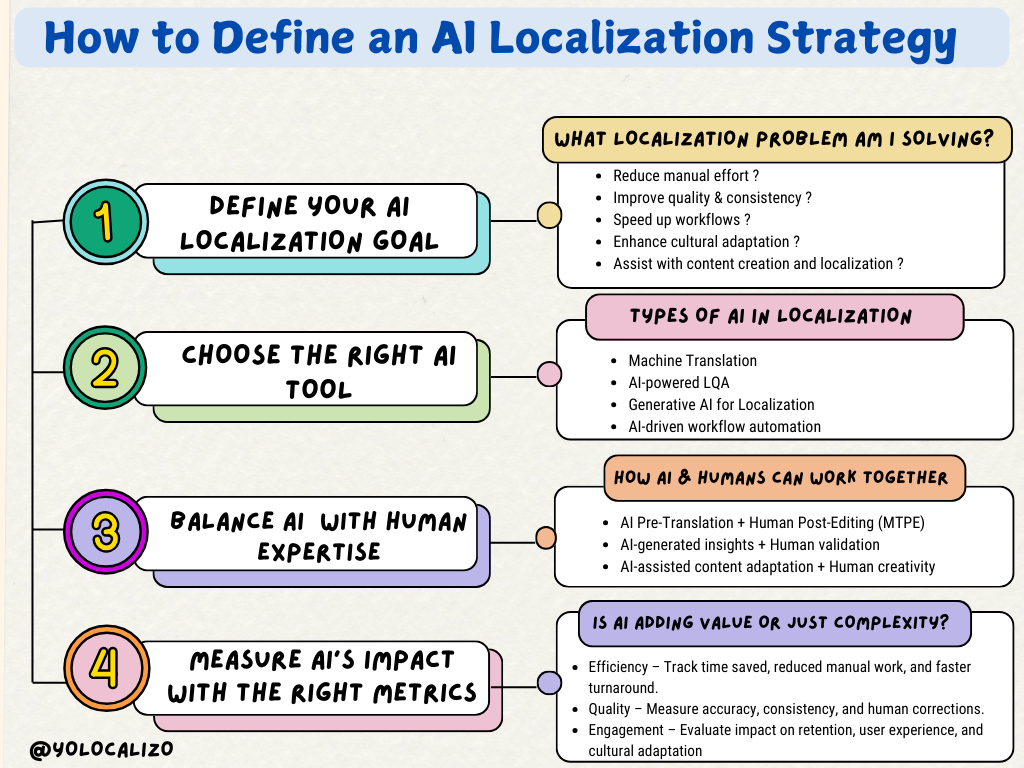Imagining a Future with AI: Emerging Roles in Localization
When I see an article in general magazines or economic press titled “These are the Jobs of the Future” or “Careers of Tomorrow You Should Start Studying Today,” I can rarely resist clicking. Often, these are clickbaits, with a sensationalist headline and a boring article beneath, but other times, these pieces are intriguing and offer insights that help me imagine, or at least attempt to imagine, the future.
I guess this attraction stems from my curiosity about how technology shifts traditional careers and creates new types of professions. There’s also an added fascination for me, having grown up reading Asimov’s Foundation series and I, Robot, along with movies like Terminator. I can’t think of AI without Skynet flashing to mind… But, honestly, I find the topic of jobs that didn’t exist before and then quite fascinating.
The first role I recall in that category was Social Media Manager. I’m not exactly sure when the role gained traction, but about 12 years ago at my previous job, I started seeing Social Media Manager roles popping up everywhere. I knew practically nothing about it, and then, boom! It was everywhere.
With AI and Localization, I feel a similar vibe. On the one hand, we’ve been saying for years that Localization as we know it is ending (to some extent, I agree with that statement). On the other hand, I think it will follow the same path as Social Media Manager did back then (or even Data Scientist, another role I didn’t initially grasp, but look at how central it is now!). I believe the AI boom, in general, and LLMs, in particular, will open up new roles that don’t exist today but are slowly taking shape.
And that’s the idea I want to develop in the following paragraphs! so let’s get into it!
Roles like social media manager started appearing in the mid-2000s, and soon after, platforms like Facebook, Twitter, and LinkedIn became widely popular. It wasn’t until a bit later that companies began posting job openings specifically for social media managers. At that point, brands realized that social media wasn’t just a passing trend but a powerful channel for engaging customers, building community, and enhancing brand visibility.
That early wave of social media roles involved a lot of experimentation and on-the-job learning, as there were few formal standards or guidelines for managing social presence. Companies initially treated social media as an extension of customer service or PR but soon recognized the need for a dedicated strategy, leading to specialized roles.
The situation with AI-enabled localization roles might follow a similar pattern. As more companies adopt AI tools for language and content processes, we’ll likely see rising demand for AI-focused localization roles. As these roles become more defined and impactful, they may be formalized in ways similar to social media manager roles a decade ago.
So, what roles might those be? Here are three ideas I want to share in this article.
Clikc HERE to download the image
AI Workflow Localization Manager
Similar to a Localization Solutions Architect who designs workflows and processes, this role would focus on integrating AI solutions into the localization pipeline. This person would need to understand AI/LLM capabilities and limitations to build workflows where human and machine elements complement each other effectively. This role would be key in designing and implementing workflows where AI tools support human translation and localization processes.
Required Skills: They would need a solid grasp of localization best practices, AI/LLM capabilities, and bridging gaps between traditional workflows and AI-driven solutions. Project management skills would be essential in this role as well, given the need to manage multiple workflows and optimize processes across different languages, projects, and stakeholders. So, our old, trusty localization project management skills might come in very handy during this transition to an emerging role. Besides PM skills, technical knowledge is obviously a skill we can’t leave out. Building or polishing our understanding of machine learning and AI principles, especially in NLP, will be crucial.
Impact: The impact of this role is pretty clear. By creating streamlined, effective AI-enabled workflows, this role would help increase the scalability of localization efforts, reduce manual workloads on linguists, and potentially speed up time-to-market for localized products.
Localization Data Curator
With AI heavily reliant on data quality, professionals in this role would manage and curate localization-specific datasets, ensuring training data for models is accurate, culturally appropriate, and diverse. They would work with LLMs to refine translation engines and adapt models to specific brand or cultural nuances. The Localization Data Curator would focus on sourcing, organizing, and maintaining the quality of language data that feeds AI/LLM models. AI tools are only as good as the data they’re trained on, so this role would ensure that language models are exposed to high-quality, culturally accurate, and contextually relevant content.
Required Skills: The skills for this role could include a mix of Linguistic Proficiency (a solid foundation in linguistics, with an understanding of how language varies across regions, cultures, and contexts), Data Management (experience working with large datasets, along with knowledge of tagging, filtering, and curating content), and a bit of a “tester’s eye,” meaning Attention to Detail for selecting data that will shape the AI’s linguistic capabilities.
AI Localization Quality Specialist
While the previous role focused on input quality, the AI Localization Quality Specialist would focus on the output. In a way, this role could look similar to that of a traditional tester. They would focus on assessing and refining AI-generated content. Instead of reviewing human translations alone, they’d apply quality frameworks to AI outputs, ensuring that machine translations align with brand voice, tone, and cultural flavors. They’d also develop and apply specific metrics to evaluate AI effectiveness, allowing us to measure quality across various parameters.
Required Skills: Skills here would resemble today’s QA skill set but tailored to the specifics of AI. A strong background in localization QA processes, metrics, and tools will remain essential. I think this will be as important tomorrow as it is today. Technical Literacy is also crucial, as understanding AI/LLM functionalities and limitations will be necessary to communicate with technical teams and suggest model improvements. And finally, analytical skills, which I believe are always valuable! The ability to systematically evaluate translation quality and document issues, patterns, and areas for AI enhancement will be as vital tomorrow in more traditional software testing fields.
In Conclusion
As humans, we tend to have a complex relationship with technological advances. Our “lizard brain” focuses on the jobs that might disappear, but the reality is that new professions emerge, and that’s how it has been so far. I want to believe that curious people with a “kaizen” mindset will always find ways to apply their skills to new and emerging roles. So, I hope this holds true with the AI shake-up and that we’ll adapt to what’s coming rather than feel like “Localization dinosaurs” watching the AI meteor hurtling toward us, ready to wipe us out… oh, how dramatic those last lines turned out to be! 😊














Localizability has always been a challenge small issues in source content often lead to big problems later in translation. In this post, I explore how AI is giving localization teams a powerful new way to improve source quality, reduce friction, and create better content for every market right from the start.